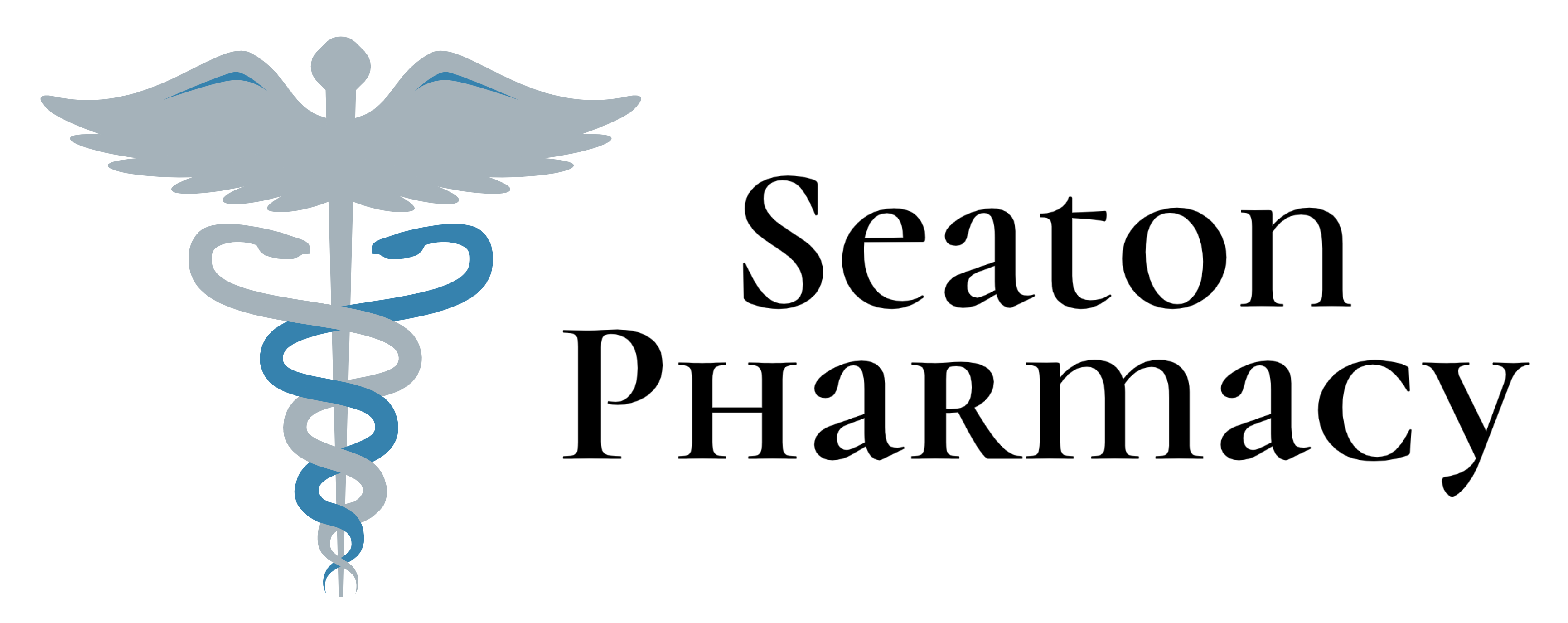At Seaton Pharmacy, we’re dedicated to keeping travellers informed and prepared for their journeys, especially when it comes to preventing serious illnesses. If you’re travelling to regions with higher risk for mosquito-borne diseases, you may wonder about the differences between Japanese encephalitis and malaria—and how to stay protected from both. In this article, we’ll cover the key differences and discuss the best preventative measures for each disease, including getting your travel vaccines.
Japanese Encephalitis and Malaria: What Are They?
Japanese Encephalitis is a viral infection caused by the Japanese encephalitis virus (JEV), which is transmitted through the bite of an infected Culex mosquito. This virus is prevalent in rural parts of Asia and the Western Pacific, particularly in areas with rice paddies and standing water, where Culex mosquitoes thrive. Although rare for travellers, Japanese encephalitis can cause severe neurological symptoms, including swelling of the brain, which may lead to long-term disability or even death.
Malaria is a parasitic infection caused by Plasmodium parasites, transmitted through the bite of an infected Anopheles mosquito. Malaria is widespread across sub-Saharan Africa, South Asia, parts of Central and South America, and other tropical regions. Symptoms can range from flu-like signs, such as fever and chills, to severe complications affecting multiple organs if not promptly treated.
While both diseases are transmitted by mosquitoes and can be life-threatening, Japanese encephalitis and malaria are caused by different pathogens, are present in different mosquito species, and affect the body in unique ways.

Prevention with the Japanese Encephalitis Vaccine and Other Measures
One of the most effective ways to prevent Japanese encephalitis is through vaccination. The Japanese encephalitis vaccine provides long-term protection against this virus, which is especially important for those travelling to rural areas or staying for extended periods in endemic regions.
There is currently no vaccine available for malaria; instead, preventative medication is taken before and during travel, targeting the malaria parasite before it can develop. Our team is on hand to support you and ensure that you are fit for travel.
Key Differences Between Japanese Encephalitis and Malaria Prevention Strategies
Vaccination vs. Medication
Japanese Encephalitis Vaccine: For those at risk, the Japanese encephalitis vaccine offers effective and long-lasting protection. It’s recommended for travellers staying in high-risk areas for prolonged periods or engaging in outdoor activities, especially in rural settings. The vaccine generally requires two doses, given four weeks apart, and should be completed at least a week before travel. Once administered, it provides protection for at least one to two years, after which a booster may be recommended.
Malaria Prevention Medication: Malaria cannot be prevented by vaccination, so antimalarial tablets are prescribed instead. Different medications are available based on travel destination, length of stay, and health considerations. Malaria prevention tablets need to be taken before, during, and sometimes after travel to ensure effectiveness. It’s essential to follow the prescribed course strictly, as skipping doses can reduce protection.
Timing of Prevention
The Japanese encephalitis vaccine is ideally given weeks in advance, requiring time to complete the doses and allow the body to develop immunity before exposure.
Malaria tablets must be started shortly before travel, taken daily or weekly (depending on the type), and continued after returning to ensure that any remaining parasites are eradicated.
Additional Protective Measures
Both Japanese encephalitis and malaria require additional protective strategies, as no vaccine or medication offers complete immunity. Seaton Pharmacy recommends the following:
Use insect repellent with DEET, especially at dusk and dawn when mosquitoes are most active.
Wear protective clothing, such as long sleeves and trousers, to cover exposed skin.
Sleep under a mosquito net, ideally treated with insecticide, especially in rural or high-risk areas.
Stay in accommodation with screened windows and doors or use air conditioning when possible.
These measures are effective for preventing both diseases, reducing the likelihood of mosquito bites and subsequent infection.

Why Preventative Measures Are Essential
While Japanese encephalitis and malaria are different diseases, both can have severe, life-threatening effects. Japanese encephalitis, though rare, can cause irreversible neurological damage, while malaria can progress quickly, affecting the liver, kidneys, and brain if untreated. Because of these risks, prevention is crucial, especially if you’ll be spending time in high-risk areas.
At Seaton Pharmacy, we offer personalised travel health consultations to help you understand your unique risks and develop a prevention plan. For travellers heading to areas with a high risk of Japanese encephalitis, we can administer the Japanese encephalitis vaccine and provide guidance on timing and dosage. For those concerned about malaria, we’ll help select the most appropriate antimalarial medication and ensure you’re equipped with knowledge on how to take it correctly.
Powerful Protection and Prevention
Protecting yourself against Japanese encephalitis and malaria is a vital step in preparing for safe and healthy travel. The Japanese encephalitis vaccine offers powerful, long-term protection for those at risk, while malaria prevention requires a more continuous approach through medication and vigilant mosquito protection. By understanding the differences and taking preventative measures, you can significantly reduce your risk and travel with peace of mind.
If you’re planning a trip to an area where Japanese encephalitis or malaria is a concern, book a travel consultation with Seaton Pharmacy:

We’re here to ensure you have all the tools and information necessary for a healthy journey.
This blog was written on behalf of Seaton Pharmacy by Pharmacy Mentor.

